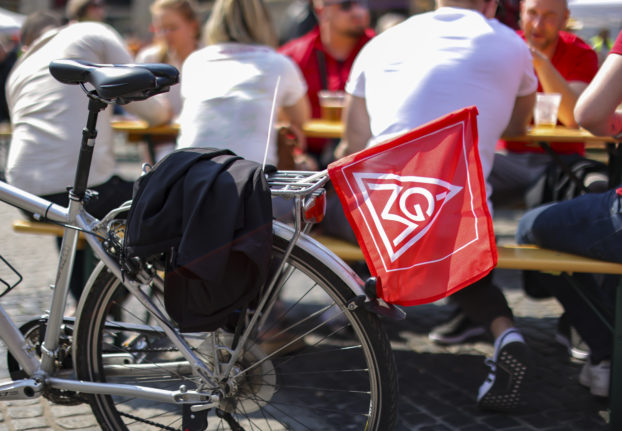About 10,000 people demonstrated in Switzerland’s largest city on Sunday, calling for higher salaries and better working conditions.
The traditionally leftist parade, which regularly turns Zurich into a war zone on May 1st, was largely peaceful this year despite the arrest of 500 people, police said. Last year, about 250 people were stopped and identified, while a teenager was hit on the head with a stone, reports said.
The demonstration, which saw some masked men skirmish with police and some garbage bins set on fire, was largely centered in Zurich’s Kreis 4, one of the city’s working districts and multicultural hubs. Police presence was heightened across the city, reports said.


 Please whitelist us to continue reading.
Please whitelist us to continue reading.